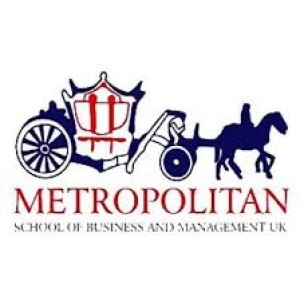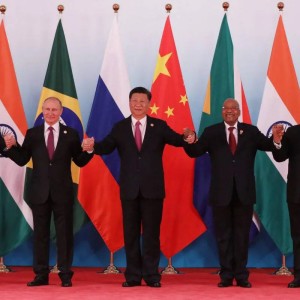In the run up to World Youth Skills Day, young science-enthusiasts came to the IAEA to share their ideas for cultivating a future nuclear workforce with the right skills to meet global challenges.
These challenges include climate change, increasing food insecurity, and a growing cancer burden. More young people need to be inspired to pursue careers in science, technology, engineering, and mathematics (STEM), to address these issues and achieve ambitious goals, such as increasing the role of nuclear energy in the future energy mix. World Youth Skills Day, observed annually on 15 July, recognizes the potential of young people as catalysts for change and contributors to a prosperous and sustainable future for all. The day highlights the importance of equipping youth with the skills and opportunities necessary to innovate and drive progress in addressing global challenges.
Earlier this month, finalists in the travelled to Vienna to attend the International Conference on Nuclear Knowledge Management and Human Resources Development. During a session on attracting talent to the nuclear sector, proSTEM finalists shared their innovative ideas and projects on developing the future STEM workforce.
"The IAEA is dedicated to fostering and empowering the next generation of STEM professionals. By encouraging innovative, inclusive and diverse ideas and projects, such as those showcased in the IAEA proSTEM Challenge, the IAEA helps the young generation to further understand the importance of STEM in addressing global climate emergency and facilitating clean energy transition and inspires and attracts new generation of workforce in STEM related specialities. On World Youth Skills Day, we celebrate these young talents who will drive sustainable development and create a brighter future for all," said Huang Wei, Director of the IAEA Division of Planning, Information and Knowledge Management.
The IAEA proSTEM Challenge encouraged participants to submit their innovative ideas and outreach projects to attract and develop the next generation of workforce in STEM-related fields, with nearly 90 participants from 26 countries submitting projects.
"The proSTEM challenge gave a unique opportunity for so many people from across the world to showcase their innovative ideas and contribute to the global effort of inspiring, attracting and retaining youth in STEM education and careers. Best practices and experiences of communication strategies among diverse groups helped to bridge the skill gap,” said Alesia Iunikova, an IAEA Knowledge Management Specialist.














